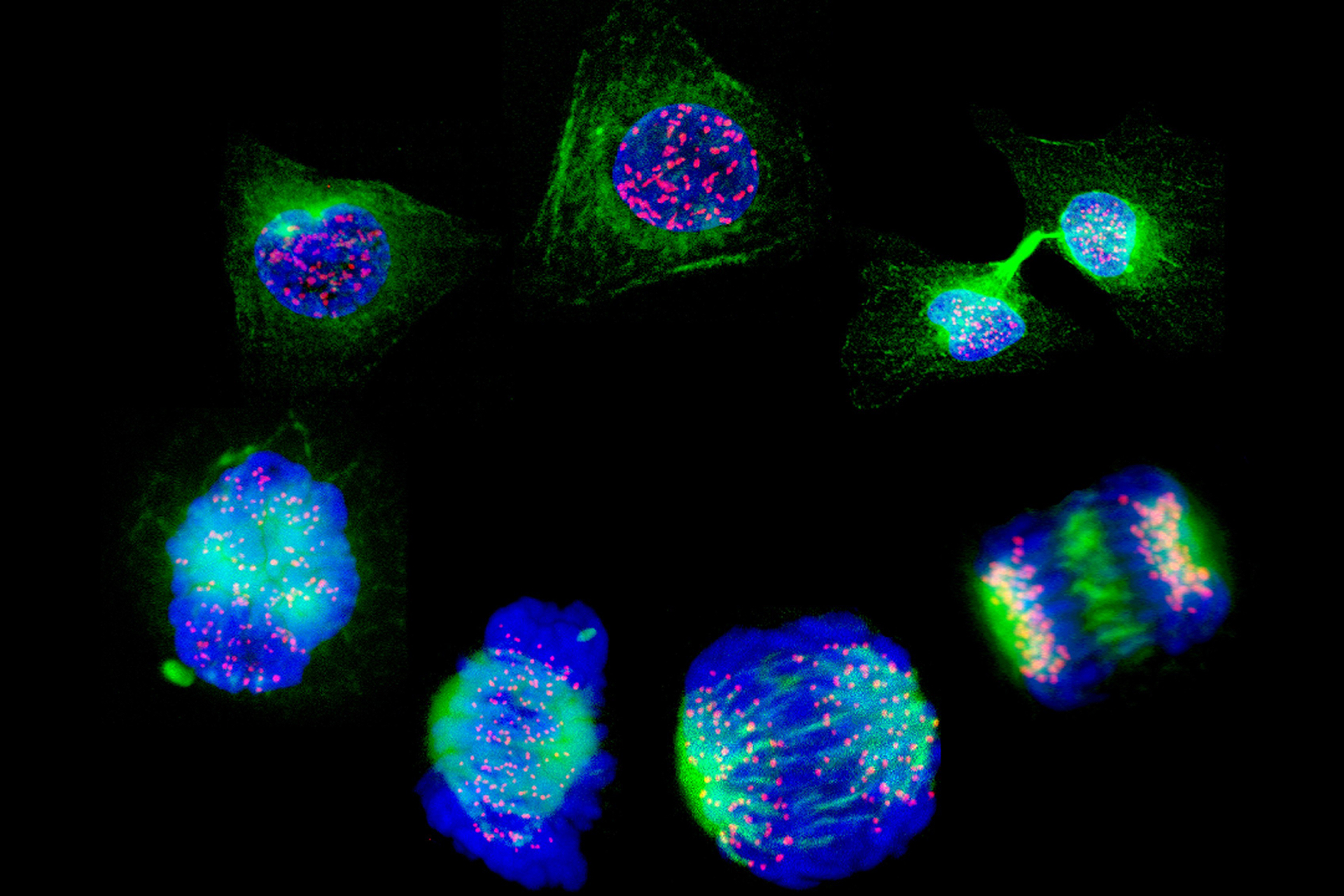The Third International Summit on Human Genome Editing was held in London to examine scientific advances, challenges and opportunities in research, regulation and equitable access to human genome editing approaches and treatments. This important event was organised by the UK Royal Society, the UK Academy of Medical Sciences, the US National Academies of Sciences and Medicine, and the World Academy of Sciences.
The organising committee laid down a statement on several areas at the conclusion of the summit. First, the committee stated that 'heritable' human genome editing – that is germline genome editing used in the clinic, rather than confined to the laboratory – remains unacceptable for the time being. Such applications of genome editing involve permanently altering a person's genetic makeup, in a way that could be passed down to subsequent generations.
Second, preclinical evidence for the safety and efficacy of heritable genome editing has not been established, and societal debate is ongoing. The public should continue to deliberate about whether this technology should be used.
Third, adequate regulatory and ethical frameworks for heritable genome editing are not in place. However, the laboratory use of germline genome editing on human embryos continues to improve our understanding of early human development, and suggest the most effective techniques for changing gene variants.
There have also been advances in research on the derivation of gametes (sperm and eggs) from stem cells (see BioNews 1112 and 1104), and the organising committee promotes further research in this area.
The statement clarified that significant advances have been made in somatic human genome editing, which can potentially be used to treat or even cure otherwise incurable illnesses. These somatic genomes are found in non-reproductive cells – that is, cells other than eggs, sperm, early embryos or their precursors. Changes made to somatic cells affect only the person who receives the treatment.
Numerous clinical trials are using somatic genome editing with preliminary positive results (see BioNews 1135 and 1117). To realise the potential of this technology, the committee stated that it is necessary to increase the range of diseases it can treat, and better understand the risks and unintended effects. Long-term follow-up of the patients is crucial to understand the consequences (see BioNews 1091).
It is acknowledged in the statement that somatic gene therapies are costly. There is a need for an international commitment to affordable and equitable access to these treatments. The expenses and infrastructure required for genetic treatments are not manageable for most patients or healthcare systems. Thorough planning is needed, from the earliest research and development phases, for each potential application. Furthermore, ensuring that studies involve genetically diverse communities is crucial to achieving equitable outcomes.
Many patients live in underserved countries with inadequate infrastructure. To set up sustainable access to safe interventions for research subjects and patients, knowledge transfer between countries, improved clinics and research resources and stringent oversight are necessary. Healthcare systems and the international health community should prepare to provide patients with affordable and evidence-based therapies. Treatments based on somatic genome editing that could help meet these needs were recommended as a research investment priority.
There were some interesting observations at the summit. First, there were updates on China's regulations following Dr He Jiankui's controversial work (see BioNews 977), which raised serious concerns about scientific practice and ethical accountability. The revised regulation, Measures for the Ethical Review of Life Science and Medical Research Involving Humans, is a substantial upgrade. However, one speaker - Dr Joy Zhang, founding director of the centre for Global Science and Epistemic Justice at the University of Kent - expressed concerns that the updated laws do not apply to the private sector (see BioNews 1182).
During a session on enforcing research policies and ethical principles, Professor Leigh Turner, a bioethicist from the University of California, Irvine, expressed serious concerns regarding genome editing tourism and businesses promoting unproven interventions in the guise of established therapies. Professor Turner drew from scholarship on the global marketplace for unproven and unapproved stem cell interventions, to suggest that similar businesses might advertise purported gene therapies not backed by robust evidence of safety and efficacy.
After Professor Turner's presentation, I corresponded with him and he added the following. 'Many regulatory bodies are understaffed, underfunded, and struggle to offer robust responses when businesses sell interventions without first testing them in clinical trials and generating meaningful evidence supporting their clinical use and regulatory approval. I'm concerned we might see clinics take advantage of hyperbole and enthusiasm surrounding genome editing and market purported "gene therapies". Countries need to provide sufficient resources for their regulatory agencies. In addition, to avoid the emergence of regulatory gaps and grey zones in the global marketplace, efforts to promote regulatory harmonization should continue.'
While the summit showcased exciting medical advances, it also demonstrated that some ethical dilemmas are not easily resolvable.





Leave a Reply
You must be logged in to post a comment.